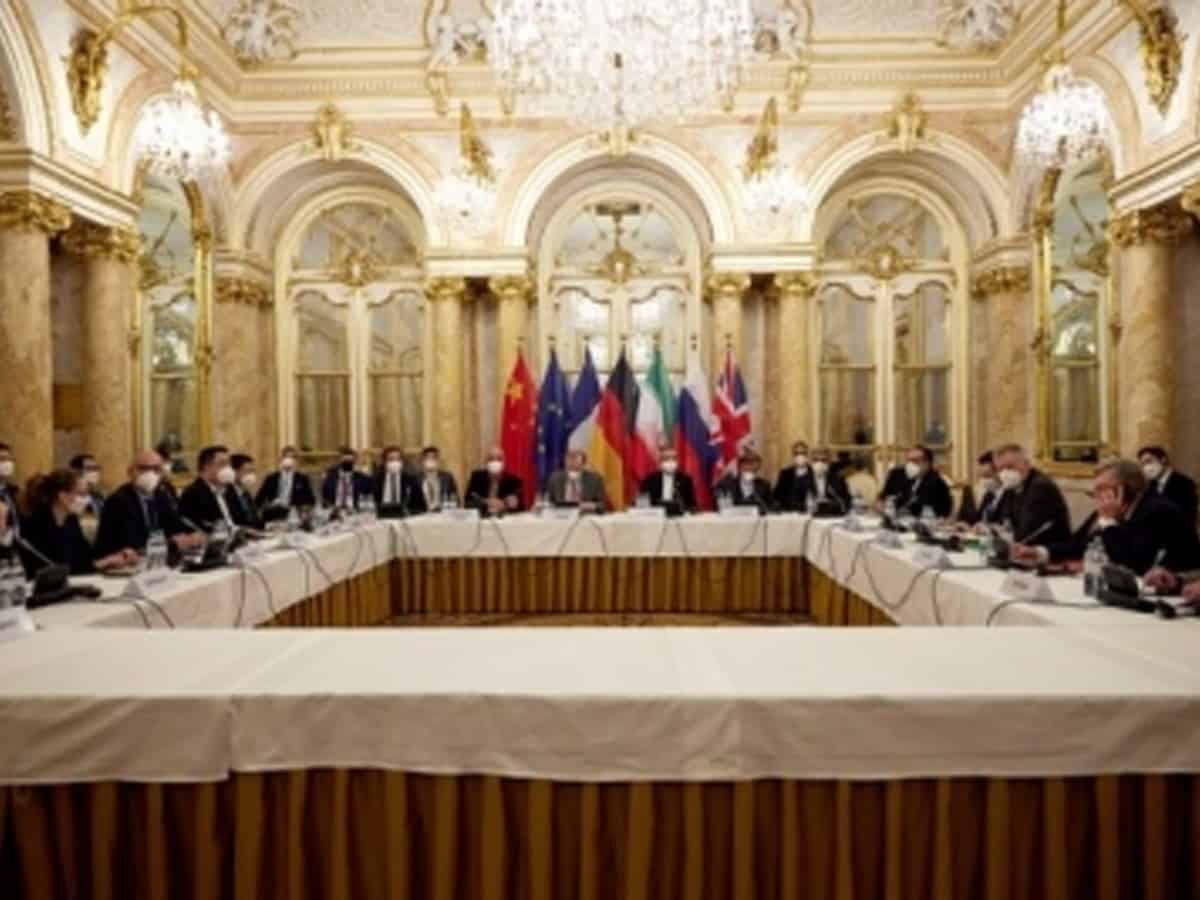
Tehran: The Iranian nuclear chief has said that the verification of Iran’s nuclear activities by the International Atomic Energy Agency (IAEA) should be “impartial and independent,” official IRNA news agency reported.
Making the remarks at a meeting of the annual IAEA General Conference in the Austrian capital of Vienna, Mohammad Eslami said on Monday that Iran’s nuclear programme is aimed at civilian use in the field of electricity generation, health, agriculture, environment and industry.
Speaking of the 2015 nuclear deal, formally known as the Joint Comprehensive Plan of Action (JCPOA), he added that based on the deal, “Iran accepts restrictions on enrichment activities, reducing the speed and capacity of nuclear activities, and a strict verification system for a specified period.”
“In return, the other party should remove the oppressive illegal sanctions and obstacles … and end false claims against Iran’s peaceful activities and programmes,” Eslami was quoted as saying.
He said Iran reduced parts of its commitments as a compensatory measure taken in response to the violation of the obligations of other parties to the deal, Xinhua news agency reported.
He blamed the US for its withdrawal from the JCPOA in 2018 and slapping sanctions against Iran, emphasising that if the other parties to the agreement re-embrace their obligations by removing obstacles and sanctions, “the continuation of Iran’s executive actions (concerning the JCPOA) will be determined by obtaining legal permission from the Iranian parliament.”
The Iranian atomic chief denied any alleged “undeclared nuclear activity or material in Iran” and noted that all accusations are based on “fabricated and false information” from Israel.
The Islamic Republic expects “the agency to conduct its reporting, monitoring and verification in a more professional, impartial and independent manner,” he said, urging the UN nuclear watchdog to drop “old accusations that were raised over the years and closed in 2015”.
Iran has called the IAEA allegations about “undeclared” trace of uranium in three Iranian sites “political” and has urged the closure of the case as a prerequisite for the conclusion of international talks aimed at the revival of the 2015 Iranian nuclear deal.
